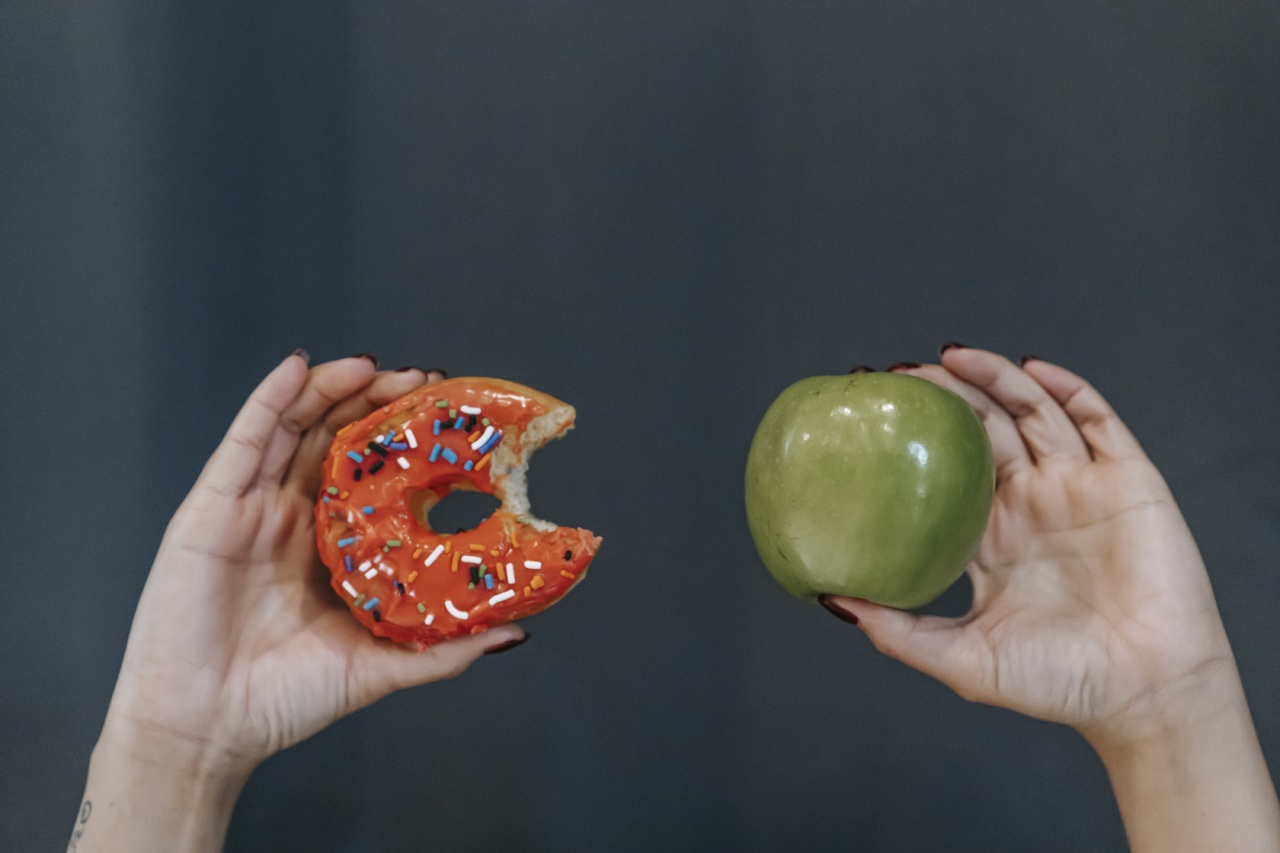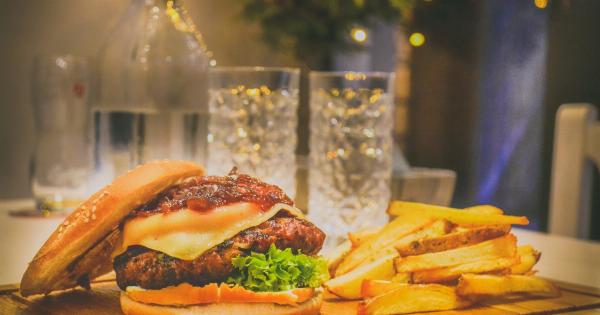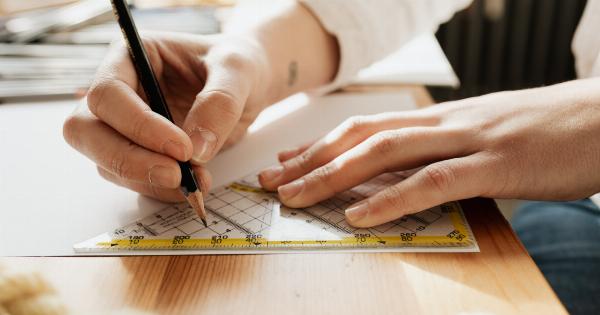In order to maintain a healthy and balanced diet, it is important to understand the daily calorie intake that you need.
Calorie intake refers to the amount of energy that you consume through food and drink, and it is measured in units of kilocalories (kcal). The number of calories that you need to consume each day depends on several factors, including your age, sex, height, weight, and activity level.
This guide will provide you with a basic understanding of your daily calorie intake and how to distribute those calories throughout the day for optimal health.
Calculating Your Daily Calorie Intake
There are several ways to calculate your daily calorie intake, but the most common method is to use a formula known as the Harris-Benedict equation. This equation takes into account your age, sex, height, weight, and activity level.
Here is the basic formula:.
For men: BMR = 88.362 + (13.397 x weight in kg) + (4.799 x height in cm) – (5.677 x age in years).
For women: BMR = 447.593 + (9.247 x weight in kg) + (3.098 x height in cm) – (4.330 x age in years).
Once you have calculated your basal metabolic rate (BMR), you can then use a multiplier to determine your total daily calorie needs. Here are the multipliers based on activity level:.
- Sedentary (little to no exercise): BMR x 1.2
- Lightly active (light exercise or sports 1-3 days per week): BMR x 1.375
- Moderately active (moderate exercise or sports 3-5 days per week): BMR x 1.55
- Very active (hard exercise or sports 6-7 days per week): BMR x 1.725
- Extremely active (very hard exercise or sports, physical labor or training twice per day): BMR x 1.9
For example, if you are a sedentary woman with a BMR of 1400 kcal, your total daily calorie needs would be 1680 kcal (1400 x 1.2).
If you are a moderately active man with a BMR of 2000 kcal, your total daily calorie needs would be 3100 kcal (2000 x 1.55).
Distributing Your Daily Calories
Once you have calculated your daily calorie needs, it is important to distribute those calories throughout the day in a way that promotes optimal health. Here are some general guidelines:.
Breakfast
Many nutritionists consider breakfast to be the most important meal of the day, as it sets the tone for the rest of the day. Your breakfast should be high in protein and complex carbohydrates to give you energy and keep you feeling full.
Aim for 300-500 kcal. Here are some examples:.
- Scrambled eggs with whole-wheat toast and avocado
- Greek yogurt with granola and mixed berries
- Oatmeal with peanut butter and banana
Lunch
Your lunch should also be high in protein and complex carbohydrates to keep you feeling full and energized. Aim for 500-700 kcal. Here are some examples:.
- Turkey and cheese sandwich on whole-wheat bread with sliced veggies
- Grilled chicken salad with mixed greens, avocado, and quinoa
- Vegetable stir-fry with brown rice and tofu
Dinner
Your dinner should be your smallest meal of the day and should be high in protein and vegetables. Aim for 400-600 kcal. Here are some examples:.
- Baked salmon with roasted veggies and sweet potato
- Grilled chicken with sautéed spinach and quinoa
- Vegetable chili with brown rice
Snacks
Snacking can be a healthy way to keep your energy levels up throughout the day. However, it is important to choose healthy snacks that are high in protein and fiber. Aim for 100-200 kcal per snack. Here are some examples:.
- Apple slices with almond butter
- Carrots and hummus
- Greek yogurt with mixed berries
Conclusion
Understanding your daily calorie intake is an important part of maintaining a healthy and balanced diet.
By calculating your daily calorie needs and distributing your calories throughout the day, you can ensure that you are getting the nutrients and energy that your body needs to function at its best.


























